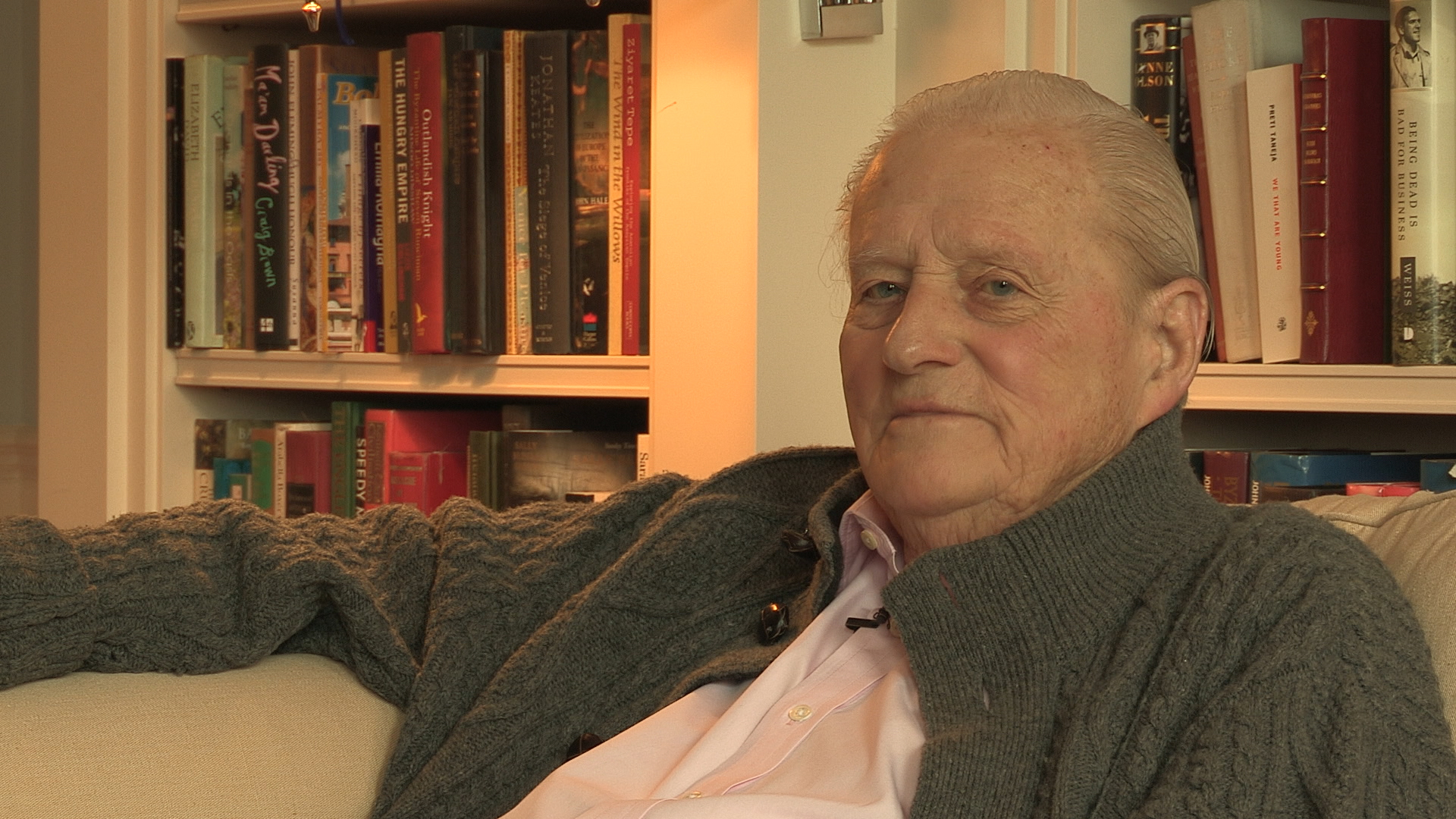And then Raimund von Hofmannsthal, well, he was very, very remarkable too, although he would've been the last person to say he was. He was the son of Hugo von Hofmannsthal, who was Austria – probably with Rilke – Austria's greatest poet, and he wrote all the librettos for the Strauss operas. He wrote Der Rosenkavalier, he wrote Arabella, and that was, really, I think how he made a lot of his... how he made his fame, and he wrote a play called Jedermann, which is still played every night during the Salzburg Festival in front of the cathedral. And anyway, he had a very, very, very high reputation as a poet and writer and Raimund was his son, and when my mother went to act in this great play, The Miracle, which lasted for 10 years, Raimund was there for quite a lot of the time and she was 30, he was 17, but he fell in love with her, as they all did, and she took him on as a sort of, I don't know, as a sort of cavaliere servente, you know, as a sort of a companion figure who would do her little jobs, which he was delighted to do. And he was an absolute darling and he in the 1930s then fell in love with my niece, Elizabeth Paget, who was probably the most beautiful girl of her generation. I mean, she was an absolute knockout. And her parents were far from pleased, you know, they thought she was going to marry the Prince of Wales. To have this Austrian, half-Jewish, bohemian figure was not quite what they'd expected or what they wanted, but in a very short time he became their favourite son-in-law. He wooed them magnificently, because they begged... my father was at that time, we're talking about 1936 or early '37, my father was at that time First Lord of the Admiralty and he had this yacht, the Enchantress, on which he was meant to go out and inspect the fleets and that sort of thing. And he was allowed to take... my parents were allowed to take their friends on it, too, as long as they paid for them there was no reason why they shouldn't bring them along. So, my aunt, Lizzy's mother, said to my mother, 'Look, do please take Liz on your Mediterranean cruise you're going to do, because it'll get her away from Raimund and maybe she'll meet someone else, you know, wouldn't that be nice?' But, of course, it wasn't as easy because every single port they stopped at there was Raimund on the quayside with a huge armful of lilies and he was very, very romantic and absolutely enchanting, spoke perfect English, but with a strong Austrian accent all his life. And just had immense charm, humility, I never heard him say a nasty thing about anyone. He liked gentleness and beauty and elegance, but he was, I mean, he wasn't a sort of prig about it at all. I mean, he was as light as possible in the hand and full of jokes and laughter. And I think he was an enormous influence on me. We knew him very, very well. I mean, he was my parent's... Raimund and Liz were my parent's greatest friends. I mean, when they came to London for the weekend from France, they were... on arrival, they'd go and have dinner with Raimund and Liz, you know, always. And at one moment I stayed in their house when I was in the Navy for a bit, in Connaught Square. And he was a great influence on me, merely because I think of his elegance and, I don't know, he sort of radiated a wonderful sort of gentle charm. And, you know, I mean, he loved Mozart, he loved poetry, and at the same time, you know, I'd say he was completely un-priggish, he was just enormous fun. But he hated anything to be ugly, you know, and I loved him very, very much, as we all... we all did, we all did. He died about 15, no, I suppose 20 years ago now. But his son... I still see his son who is around in London and I see him, he's a great friend.






